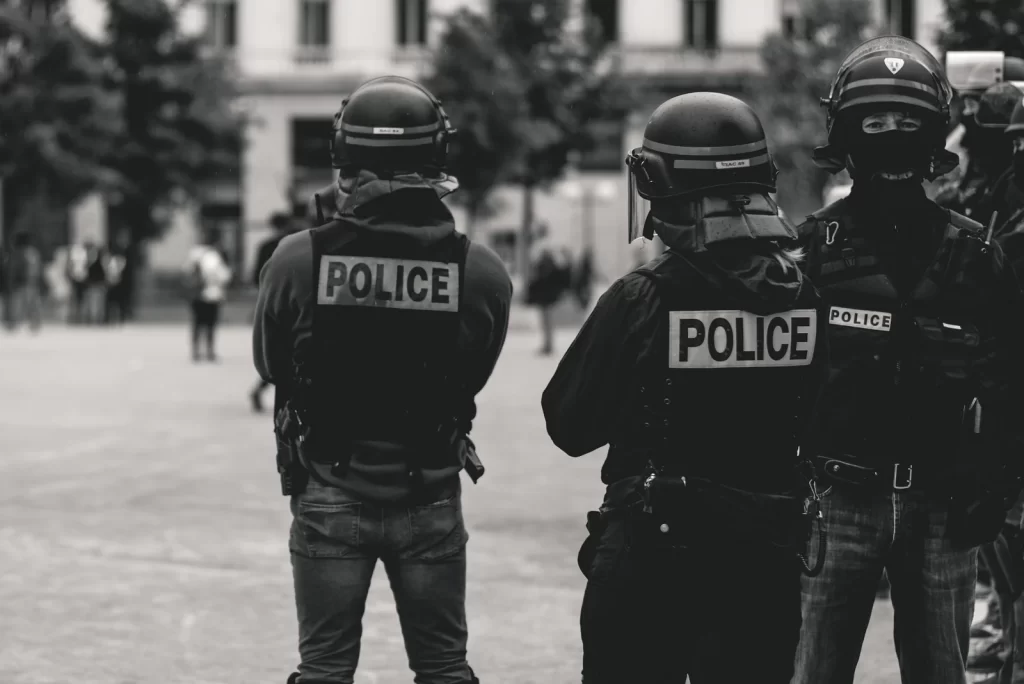During a police search of a person or their property, people have the right to remain silent under the Fifth Amendment. The right is so expansive that people don’t even have to assert it out loud unless they want to. But, if you want to make it clear that you are exercising your right to remain silent, you can tell police clearly.
People are also not obligated to consent to a police search. As far as any search of a person or their property, defense attorneys recommend that people do not give police consent to search and verbalize their refusal to consent politely but clearly. Stating the refusal out loud can help preserve their right to object to any illegal search after the fact.

Can police still perform a search if you do not consent?
Police may still conduct a search regardless of whether a person consents. For example, they may obtain a warrant to search a person’s car or claim they have developed probable cause to conduct a search because they suspect criminal activity.
A defense lawyer can challenge the police officers’ actions in such cases after the fact. Therefore, you do not need to say anything during a police search or try to stop the police in any way.
A frisk or pat-down search is different. Police can conduct a pat-down search if they have reasonable suspicion of danger or weapons. These searches are generally lawful as long as police follow established guidelines.
What will happen during a search if you tell police you want to remain silent?
Even after people tell police they wish to remain silent, police often still ask questions. People need not answer them. Even if police tell you that it will help, you still don’t have to (and, at least some would say, shouldn’t) talk.
Note that some states require people to provide their name if asked to identify themselves by police, who are authorized to arrest people for refusing to comply. But, beyond identifying yourself, no other information is required.
In short, during a police encounter involving a search of a person or their property, you can say the following to the police:
- “I wish to remain silent.”
- “I do not consent to a search.”
- “I want a lawyer.”
- “My name is ______” (when asked).
If a person has provided valid identification, it may no longer be necessary to identify yourself.

The Takeaway:
You do not have to tell police much during a search, even if they ask you to. You may have to tell them your name depending on where you are. But, beyond identifying yourself, you do not have to answer their questions. Instead, you can exercise your right to remain silent.






